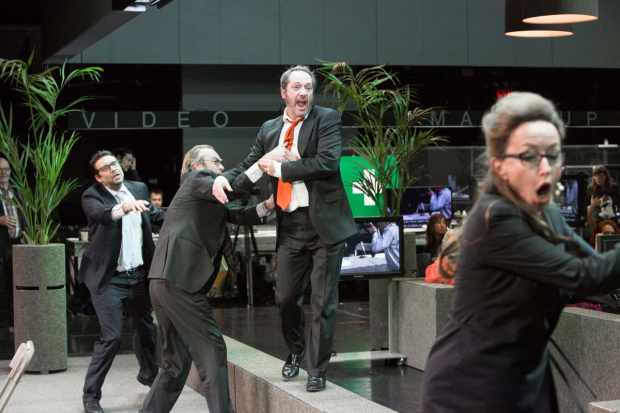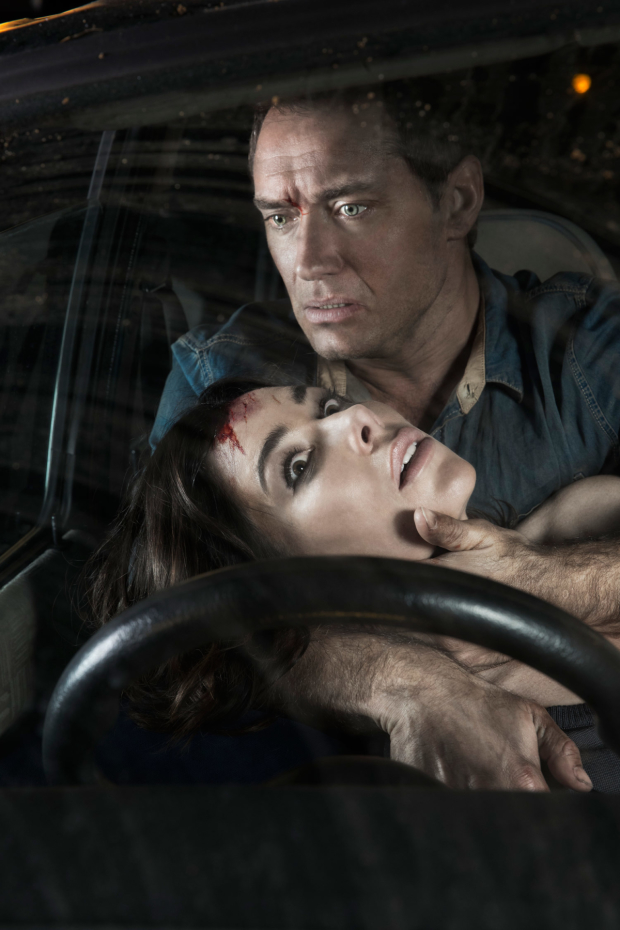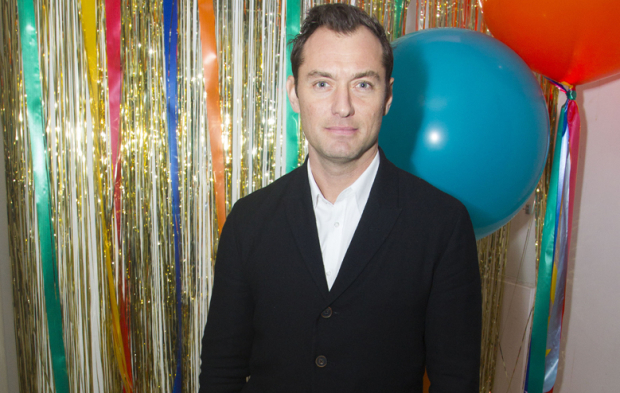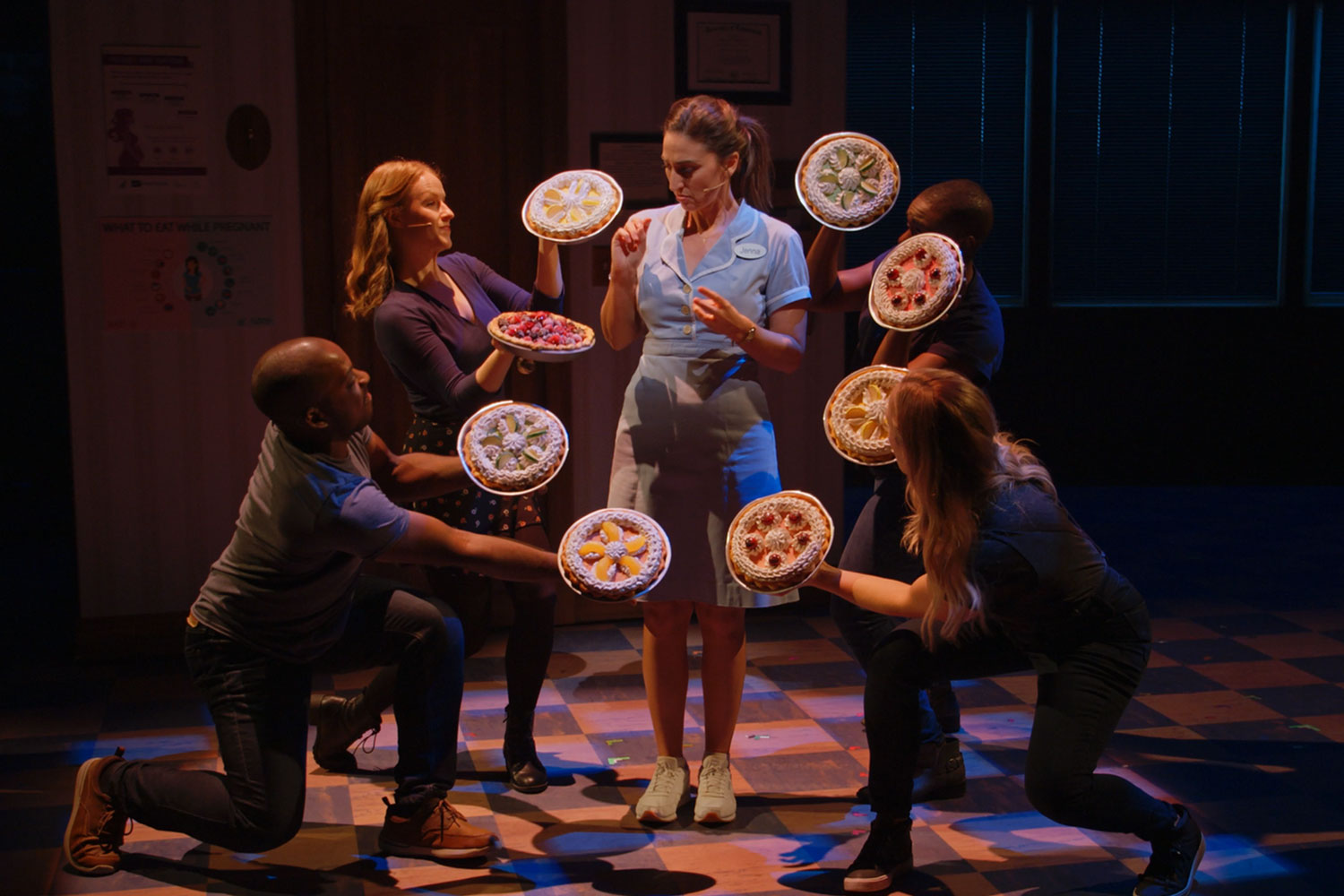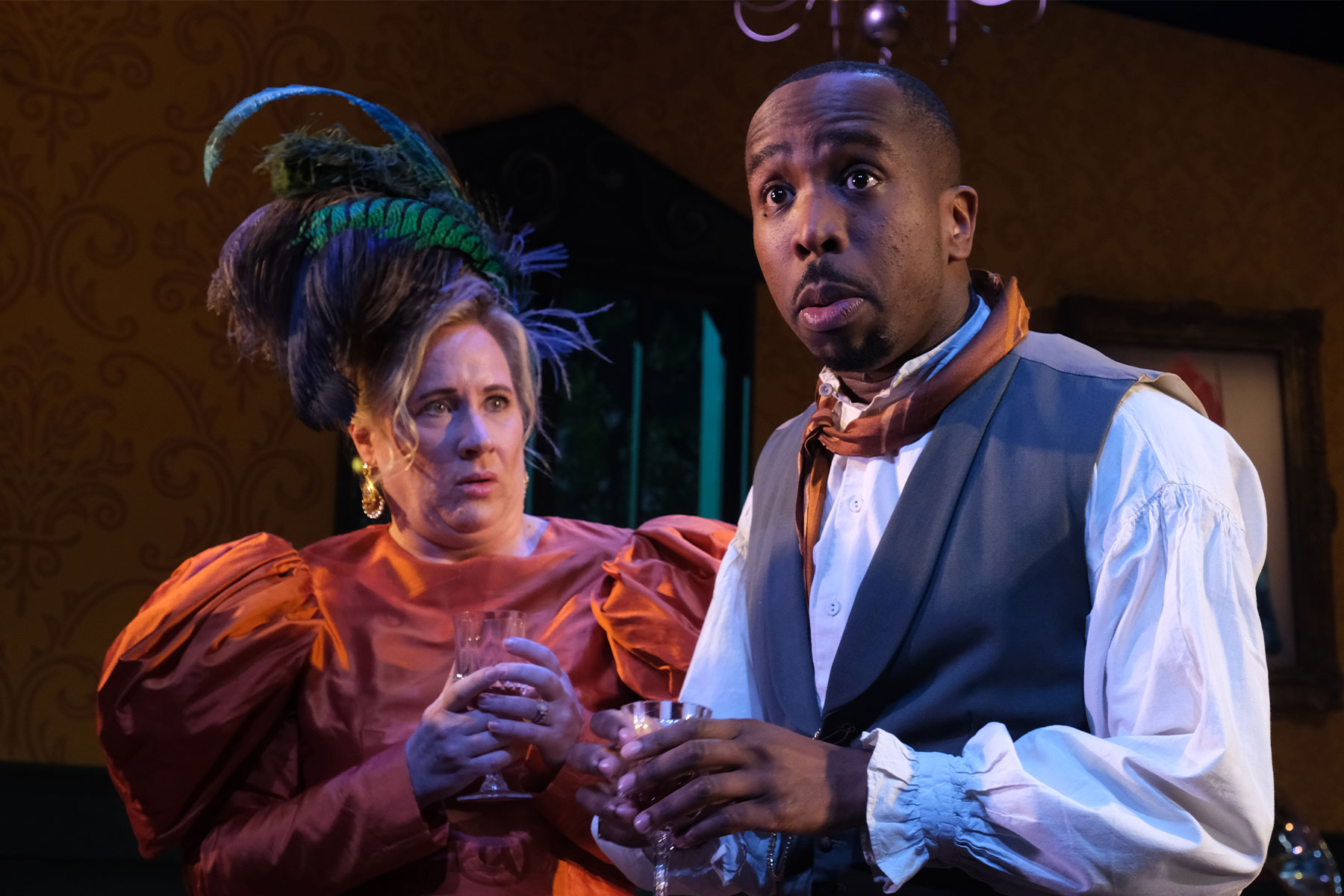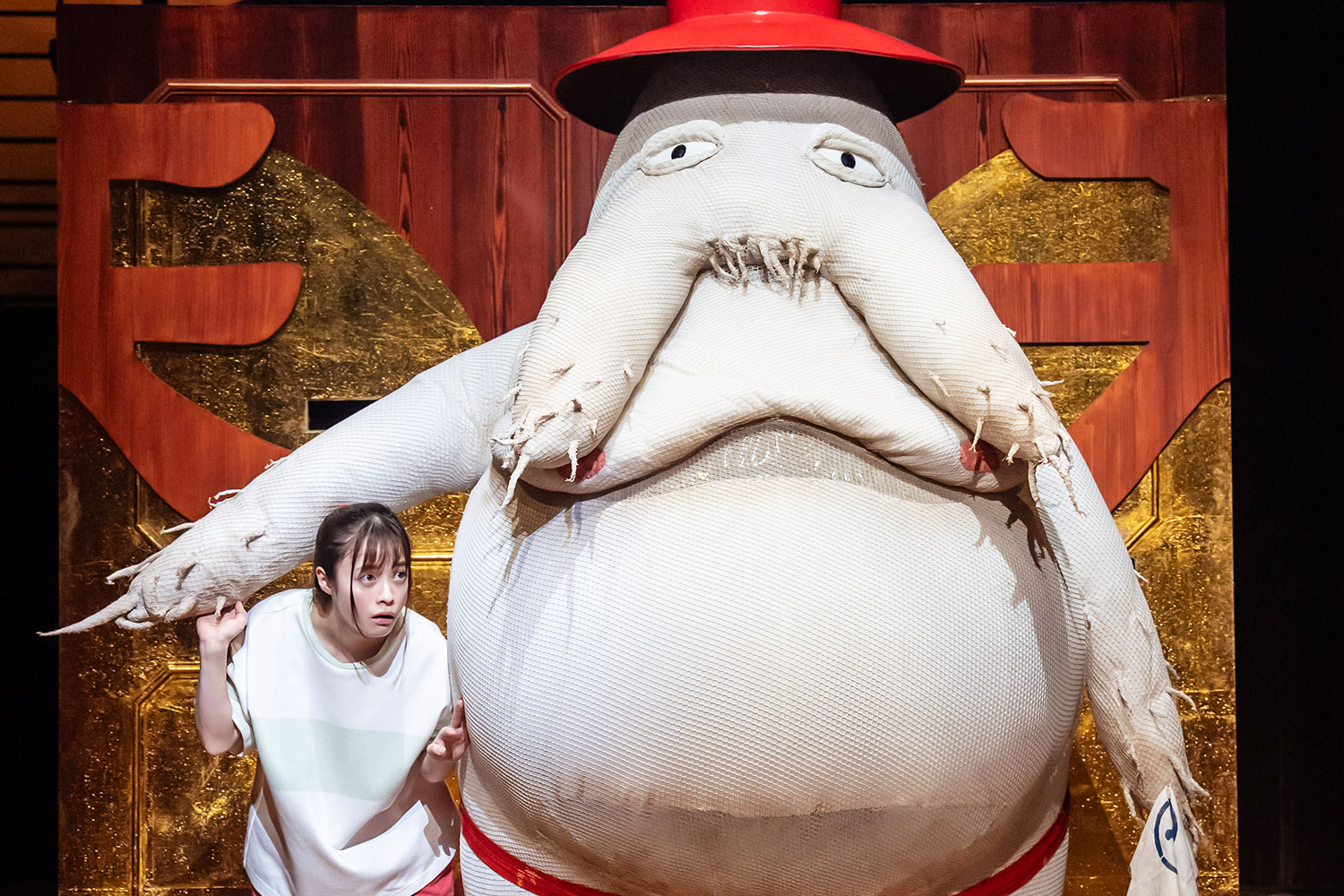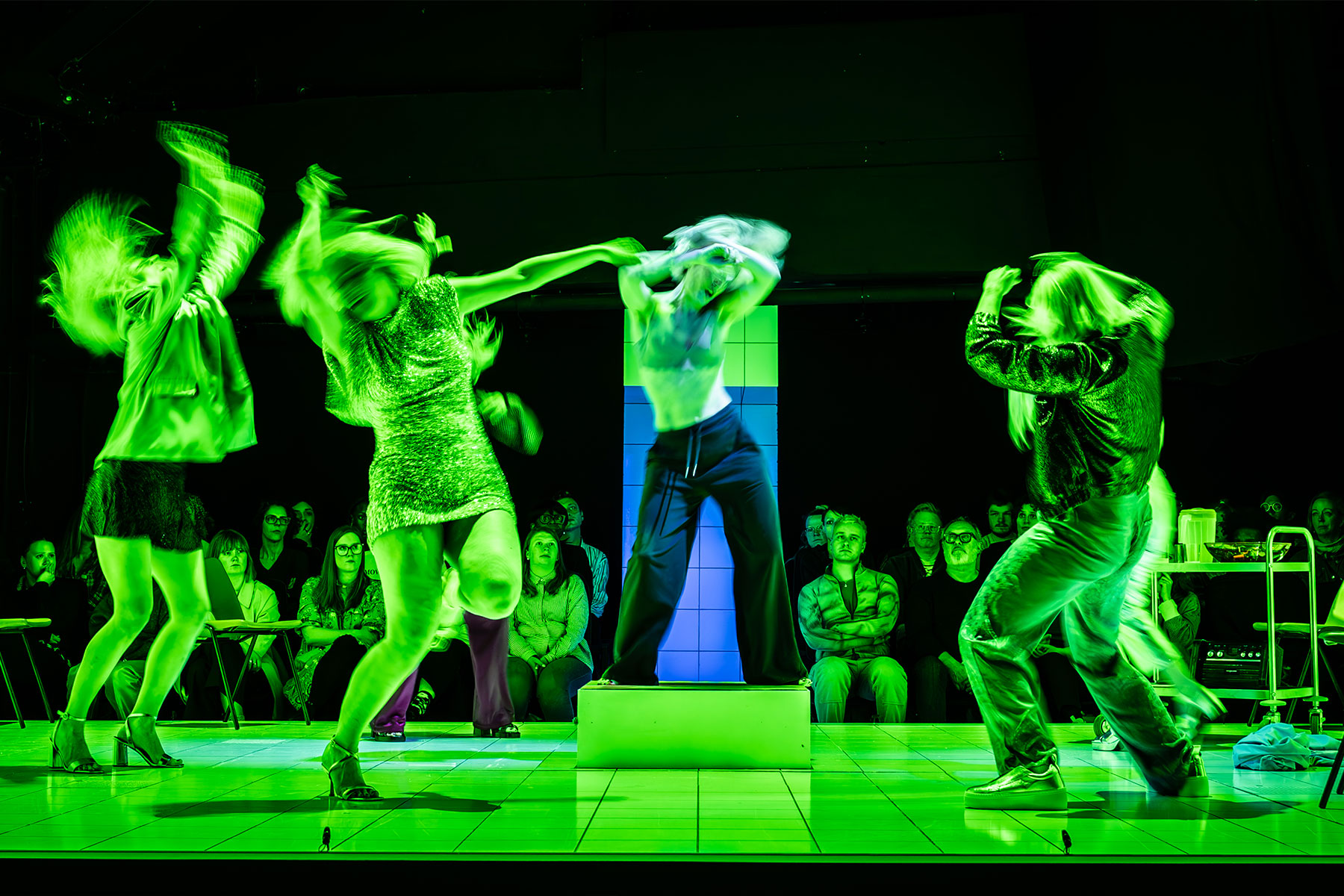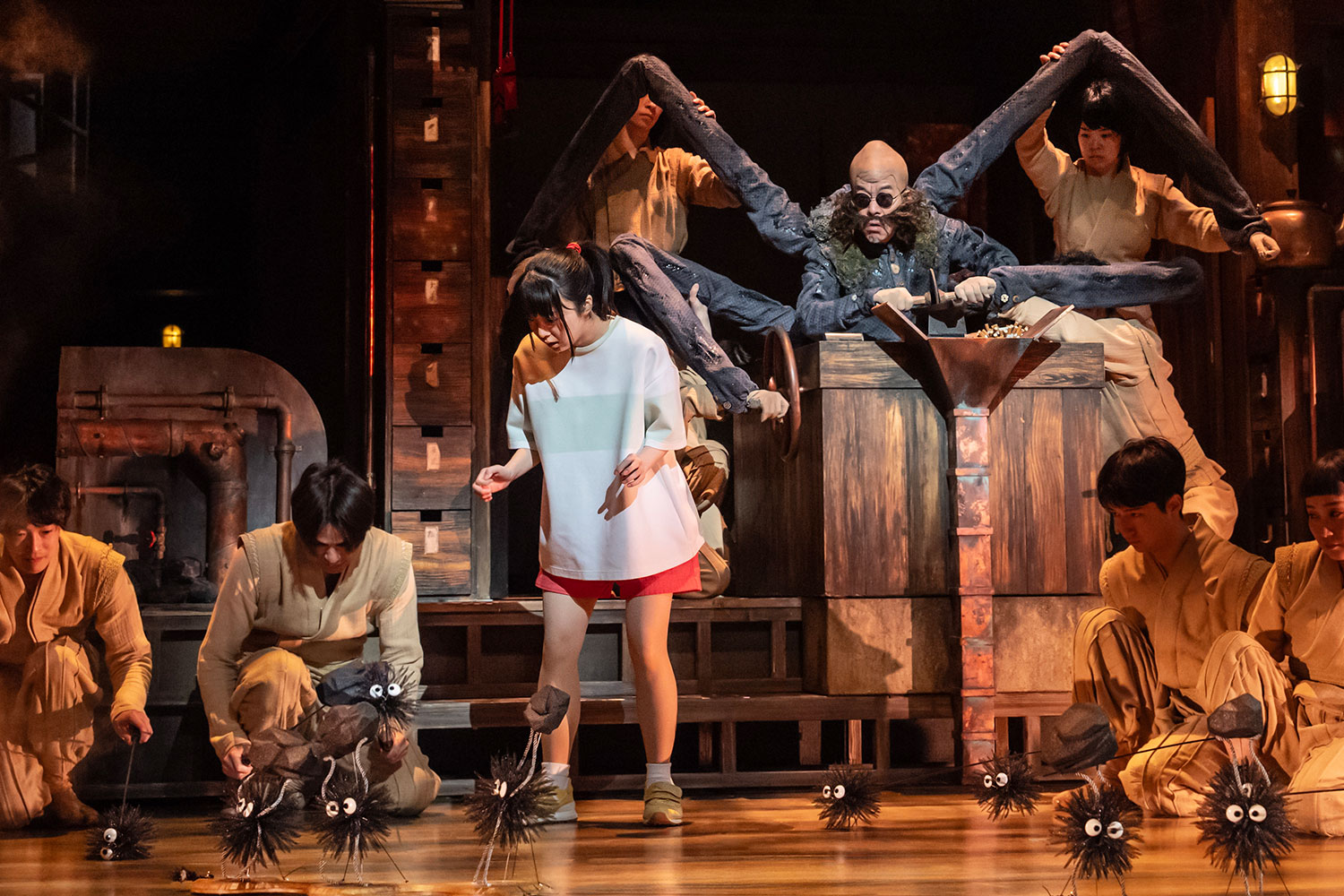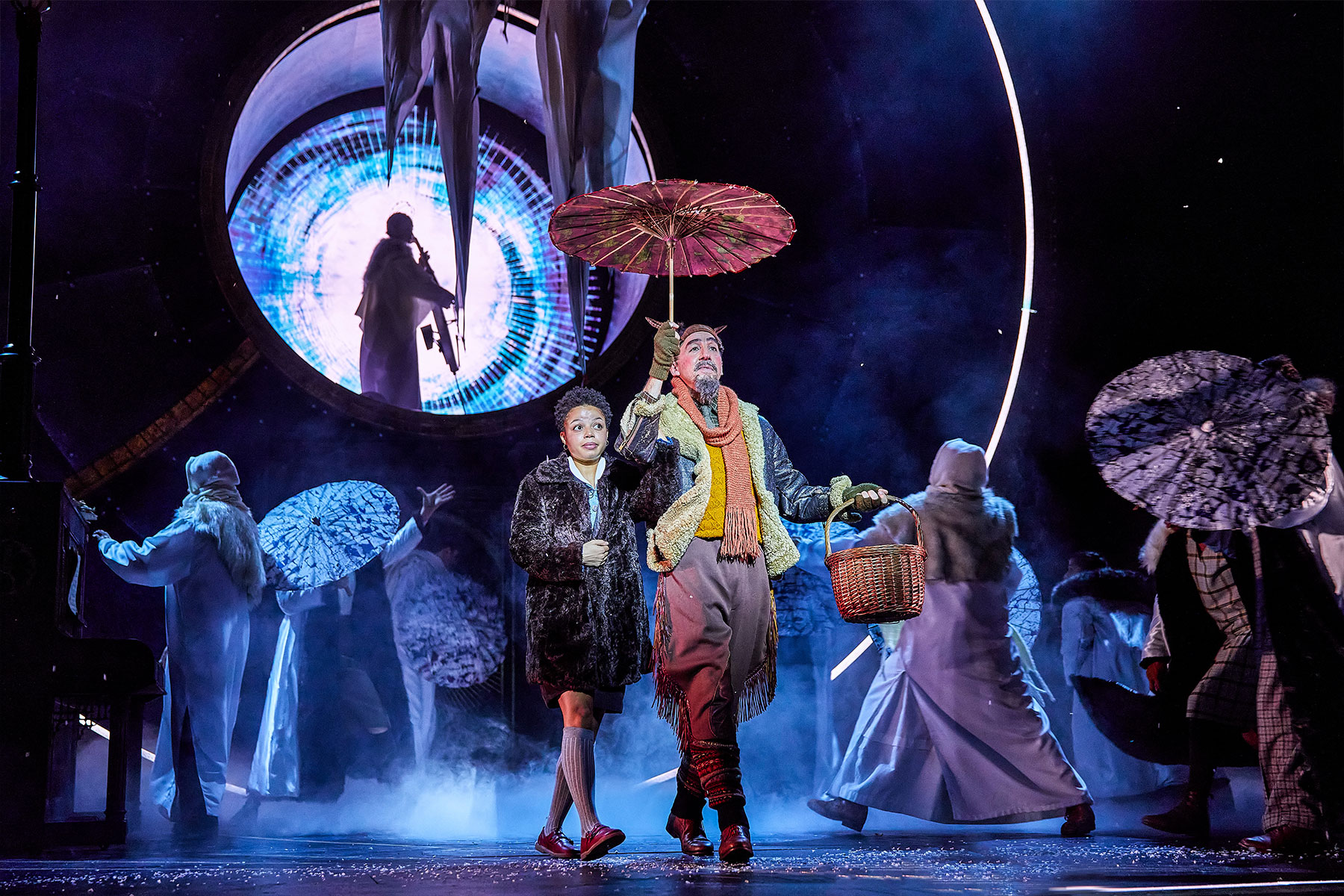Review: Jude Law in Obsession (Barbican)
Part of Ivo van Hove‘s reputation as the most fashionable and riveting of directors is based on his desire to make Shakespeare sound as if it was written yesterday, and to make works that really were written yesterday carry the weight of Shakespeare.
That’s very much the case with Obsession, produced by the Barbican and van Hove’s own Toneelgroep Amsterdam, with three Dutch and three English actors including Jude Law. But for all his efforts, the production never takes flight. It strives for profundity rather than actually delivering it.
It’s adapted from Luchino Visconti’s film of 1943. That in turn was based on James M Cain’s novel The Postman Always Rings Twice, but the Italian director subtly altered the emphasis of the American crime story so it became a fable about convention and freedom, told in a black and white neo-realist style. The Fascists found it worrying enough to ban it, which says a lot about the power of the film, far better and bleaker than its American counterparts.
The stage version, with an English translation by Simon Stephens, initially sticks remarkably closely to both script and plot, although it has been moved from Italy to a timeless van Hove land and the names of most of the characters are changed. So a drifter called Gino turns up at the café owned by the boorish Joseph and is immediately overwhelmed by obsessive love for his beautiful wife. Their passion drives them to murder the husband but they can never overcome the shadow of his death.
On Jan Versweyveld’s characteristically vast and empty set, bisected by a step, with windows at the rear and a plain kitchen bar to one side, van Hove conjures the most magical opening as Law’s Gino wanders into view, playing the mouth organ, a vision of untrammelled liberty. As he steps forward, barracked by the foul-mouthed Joseph (a performance of compelling unpleasantness from the brilliant Gijs Scholten van Aschat), he is instantly captivated by Halina Reijn’s disaffected Hanna.
The stillness and silence of their long-locked gaze is quickly replaced by passionate grappling, shown not only in the bodies in front of us, but also in huge video images of desire, flesh and faces in extreme close up. The intermittent use of video is just one of van Hove’s favourite devices that fill the production; we also see the strewing of the stage with rubbish, and hear a soundscape (by Eric Sleichim) that mingles opera with Iggy Pop.
Some of these tropes are more effective here than others; the vision of Law running on a treadmill, eyes wide in his desperation to escape the consequences of his love is powerful as is the staging of the husband’s murder with the trio locked in a nightmarish embrace beneath an engine spewing black oil. Afterwards when Gino and Hanna wash under a pump, they inevitably remind you of the Macbeths, thinking that a little water clears them of this deed.
As they descend in their despairing spiral of recrimination, the director ratchets up the intensity with stage groupings that are monumental rather than intimate, building triangles of accusation and denial into the actual shape of the production.
The problem is that by turning the characters into archetypes, van Hove deprives them of their humanity. He clearly loves Visconti, since this is the fourth adaptation of his work he has presented; yet here he seems to miss his essence, making the story both more ponderous (the final use of video and Tristan and Isolde feels heavy-handed) and less involving.
As Gino, Law looks the part, handsome and muscular in his T-shirt and without it. He is better at anger and desperation than love, but touchingly reveals a dreadful self-knowledge as he realises he is trapped by a web of his own making. Reijn initially conveys infinite sadness as Hanna. But van Hove has altered the story to make her less nuanced, and she ends up with nowhere much to go. Crucially, although their eyes never leave each other, they don’t raise sparks.
Perhaps that is the production’s intention, to introduce coolness into a story about body heat. But too much on view here feels under-whelming and under-par for a director who can normally introduce white hot revelation into everything he touches. It is absorbing but unlike his best work never essential.
Obsession runs at the Barbican Theatre until 20 May.



